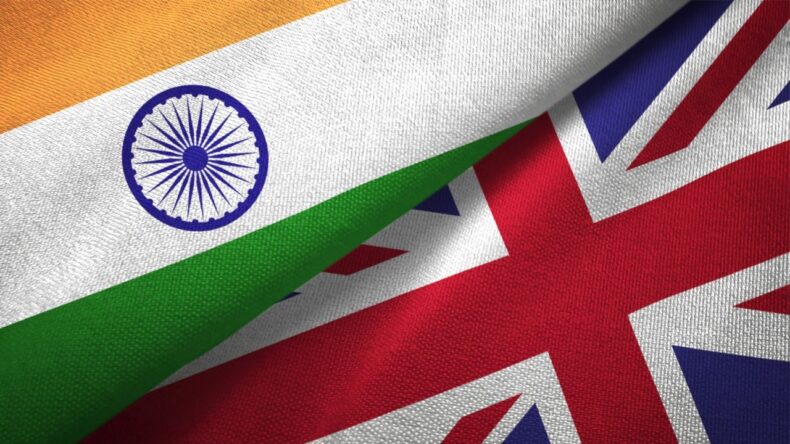The panel criticized the lack of information on the UK government’s part while applauding the decision to not keep any arbitrary deadlines regarding the FTA.
The House of Commons International Trade Committee has released a report titled “UK trade negotiations: Agreement with India”, discussing the ongoing UK-India FTA talks and the questions which arose during the panel’s inquiry into the government’s approach and progress of negotiations. This is the International Trade Committee’s last report before it is dissolved on 26th April and the Business and Trade Committee takes over.
Criticism and appreciation
The parliamentary panel has severely criticized the UK Government’s lack of information about the FTA, calling it “extremely limited in scope”. The panel has said it gains more information on the FTA from Indian media reports while the UK government’s responses to the panel’s requests were less than helpful. It is asked the Government to provide the Parliament with more detailed information.

The panel has however appreciated the fact that PM Sunak has not set any arbitrary deadline for the trade talks. They have agreed that the Diwali deadline previously put forth by former PM Boris Johnson was unrealistic and maintain that the government must take the time required to come to an agreement on the FTA that works for the parties involved.
Questions raised by the panel
The panel has raised questions in four main areas. Firstly, it has raised questions regarding liberalizing the trade in goods. Regarding the removal of tariffs, the report terms India as the more protectionist of the two countries and has asked questions regarding the removal of tariffs on milled rice, ‘preference erosion’, and safeguards for MSMEs in India.
Secondly, the panel raises significant questions on the quality and safety of goods. It has stated the UK’s sanitary and phytosanitary (SPS) standards are substantially more stringent than India’s and that India has a low level of harmonization with international standards regarding technical barriers to trade (TBT). In light of this, the panel has questioned if the FTA with India will be accompanied by adequate checks and standards of goods being maintained as an inviolable “red line”.

Thirdly, the panel raises questions regarding the trade in services. The report has asked what the government will do for the mutual recognition of professional qualifications and liberalizing market access in respect of services.
Lastly, the panel raises questions on the other provisions of the FTA, which include digital data, intellectual property rights, investment, government procurement, labor standards, and gender equality issues among other things.
India-UK FTA talks
Negotiations regarding the India-UK Free Trade Agreement were launched at the beginning of 2022. The negotiations aim at achieving a fair FTA covering 90% of tariff lines allowing bilateral trade to reach USD 100 billion by 2030. An India-UK Free Trade Agreement will aid in increasing growth and employment in both countries by diversifying supply chains and improving the ease of doing business across borders.

The UK has a strong Indian diaspora which contributes to around 6% of their GDP. India is also a big investor in the UK, in sectors like Electric Vehicles and batteries. The UK has centered its Indo-Pacific “Tilt” around India. Achieving an FTA with India would give the UK a strong foundation economically in the Indo-Pacific and potentially enable London to have greater support at international forums as well as within the Indo-Pacific.
As for India, an FTA with the UK could boost exports, create jobs, and aid in the growth of various service sectors while also allowing the UK’s support in global issues and platforms.
Negotiations regarding the Free Trade Agreement are ongoing, with the seventh round of talks ending on February 10th. The eighth round of talks is taking place from March 20 to 24.













